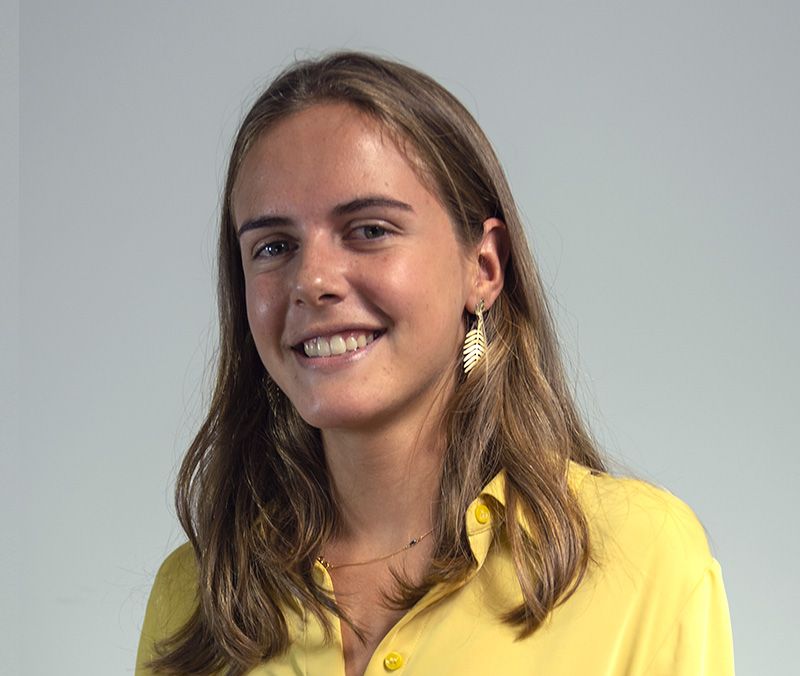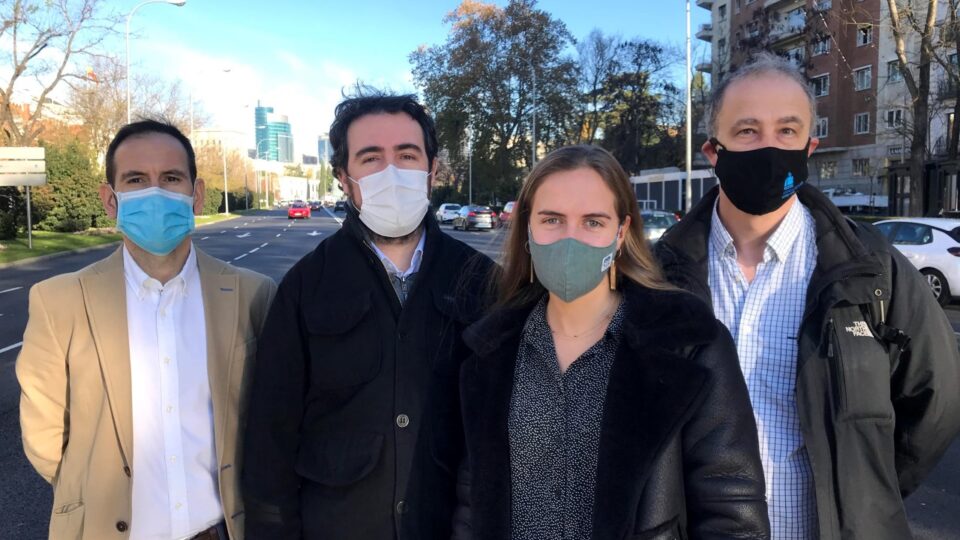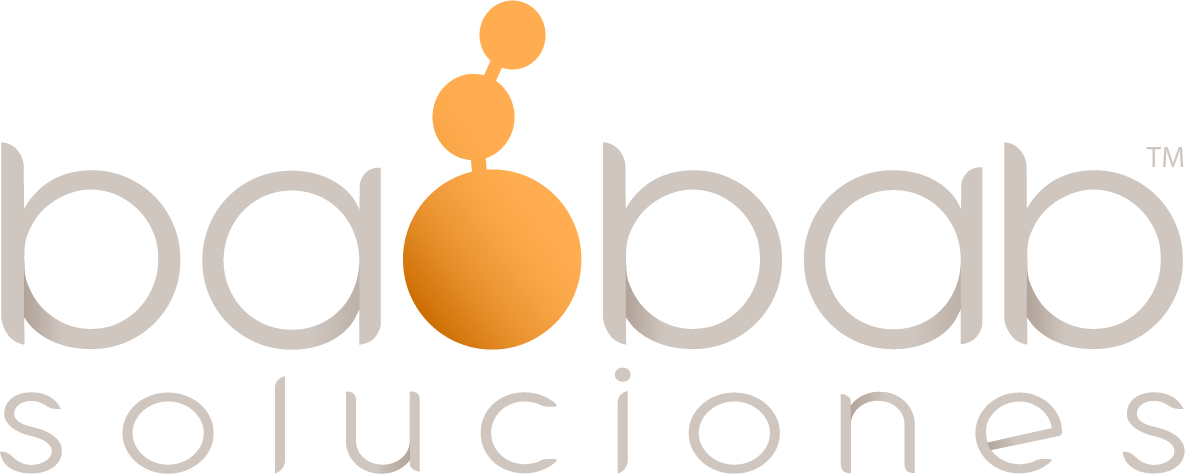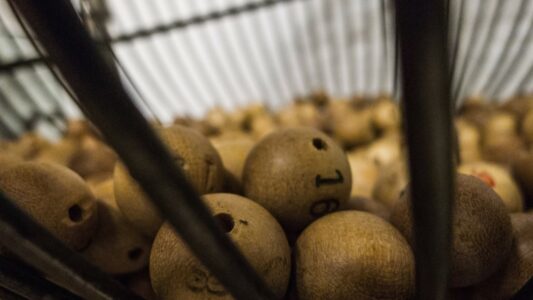
In a few words, who is Esther Fernández-Bravo?
I am 23 years old, I was born and raised in Madrid. I am a person with a lot of dedication and passion for everything I do, especially challenges and discovering new things.
You are an industrial engineer, top of your class and you have just received the AECOC award for your Bachelor’s thesis. What did the job consist in, what challenges did you encounter and what did you learn from it?
My thesis is titled “Development of an application for planning routes and schedules of a baggage claim service” and consisted in the design and development of a mathematical tool to help a tour operator with the planning of human and material resources. This application was linked to a service for collecting and transporting the customers’ luggage from the hotel to the airport on their return flights. In the end, we had to plan the schedules of the personnel in charge of collecting the luggage at the hotels and, on the other hand, the routes of the vehicles that had to transport these suitcases to the airport. It was a very complete planning job where a good coordination of resources was essential to ensure that the luggage arrived at the airport on time.
The main challenge posed by this work was the design of the mathematical model. We had to use decompositions in order to solve it in reasonable times and obtain efficient plans. Here the help of Hugo Larzabal, one of my partners at baobab and thesis tutors, was essential to achieve the results we were after. Much of the credit for the success of my thesis goes to his support throughout its development, as well as that of my other two tutors Álvaro García and Miguel Ortega-Mier. It is thanks to them that I have obtained this 1st prize.

As for lessons learned, I learned new techniques, how to apply Linear Programming to solve complex problems and how to combine it with other techniques such as heuristics. But beyond the technical aspect of it, I was surprised by how Prescriptive Analytics can help us solve complex business problems and indirectly offer benefits to its users and customers. Who wouldn’t like a tour operator to offer to pick up their bags at the hotel and avoid carrying them by themselves to the airport? Imagine for older travellers or those who travel with children and have a hard time carrying their own luggage.
What led you to choose this profession? What motivates you? Were there other engineers in your family?
It was not a vocational choice and, furthermore, I am the first engineer in my family. When I finished school I wanted to pursue something demanding, that posed a challenge for me. At school I enjoyed science subjects the most and it was clear to me that I wanted to do something related to engineering, but I had no preference for any speciality. I decided to take on Industrial Engineering because it gave me a very broad knowledge base with many opportunities for specialization in the future.
Why did you choose ETSII UPM for your studies?
Because of the wide range of specialties it offered. When I started at university, I was not sure about which specialty to choose so I searched for a centre that would offer me more possibilities later on. At ETSII UPM I found a wide offer that I did not see in other centres. On the other hand, I knew about UPM’s reputation, which continues to be one of the best academic institutions at the national level to study industrial engineering, both because of its programme and international experiences, and I knew that I was going to meet very diverse people as well, so I did not hesitate. To this day I think that I have received a very good training there.
Your record is brilliant and you must have got plenty of offers. How did you come into contact with baobab and why did you decide to join us?
I came into contact with baobab through the Operations Research subject lectured by Álvaro García and Miguel Ortega-Mier (founding partners of baobab and professors at the ETSII UPM). I really liked it because it was very different from the rest and it seemed like a very practical subject. At the end of the term, Álvaro and Miguel offered me an internship at baobab that I could use to do my thesis while I finished my degree. I saw on baobab’s website that they had worked on interesting projects and I didn’t hesitate much. I joined in September 2018 and I am still here, with the same motivation as the first day.
How would you define your experience at baobab so far?
Very satisfying and enriching. I was a bit ‘green’ when I first joined but I have felt valued since day one and involved in internal and external projects with important clients. There is a wide variety of projects that constantly push you to learn, and you work with very talented people every day.
Who would you recommend working on baobab and why?
People who do not like monotonous tasks, who prefer to do new things every day. It may sound like a cliché, but each project is different and forces us to continue training and learning to respond to our clients. I would also recommend it to anyone looking for a multidisciplinary and flexible environment that allows you to combine your professional and personal life. In my case, I do swimming and baobab has allowed me to train, study and work without any problem.
As a young woman, you must have a very different view on your profession than a 45-year-old man may have. What is your view on it? Do you think something should change? How do you think your profession would benefit from attracting more young women?
I believe that this profession faces significant challenges due to the data revolution that we are experiencing. It is little by little adapting to it but there is still a long way to go. As for my profile as a woman, I am happy to see that engineering is less and less a man’s thing. I see more and more women in this profession, and there are more influential women at the top, which is encouraging. When it comes to young people, we have a hard time finding opportunities and I would ask companies to trust us more because we have a lot to offer.
Where do you picture yourself in ten years? In which direction would you like to steer your professional career?
It is a hard question. Next year I will finish my Masters in the US under an agreement with the UPM and then I would like to develop an international career, getting to know the world and working in places other than Spain. I believe that I will continue dedicated to this profession for a long time, it motivates me to get up every morning and know that I am going to do my bit to make life easier for others. In the future I would also like to undertake a more personal activity, perhaps inspired by baobab’s journey since it originated at UPM.
What are the two most important things you have learned so far at university and at baobab?
The most important thing I have learned is that the dedication and effort pays off. I am a very demanding person, and I believe that effort and dedication have been key to my achievements so far. There is no one brilliant who does not have countless hours of work behind him, because it is a hard field of work in which you often fall and you have to get up. I have also discovered the capacity that engineers have to help not only our clients but also society. Knowing that I can improve the processes of a company and that this can help people motivates me a lot.



